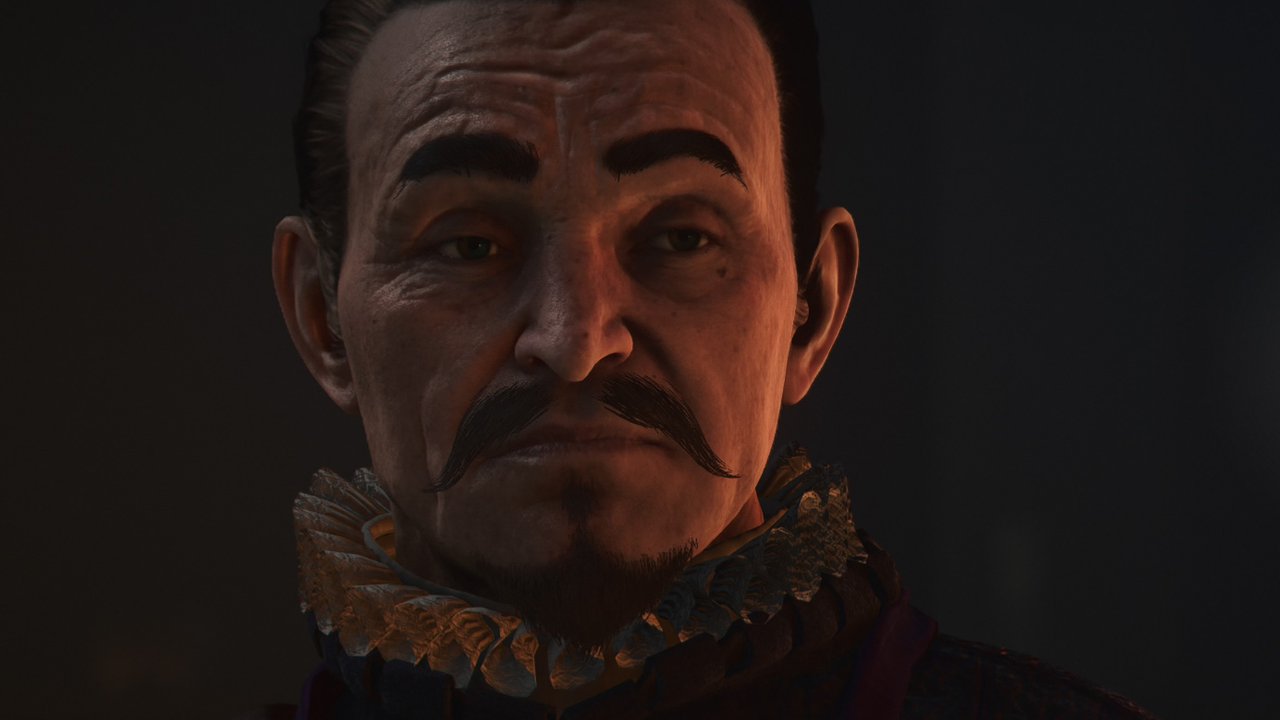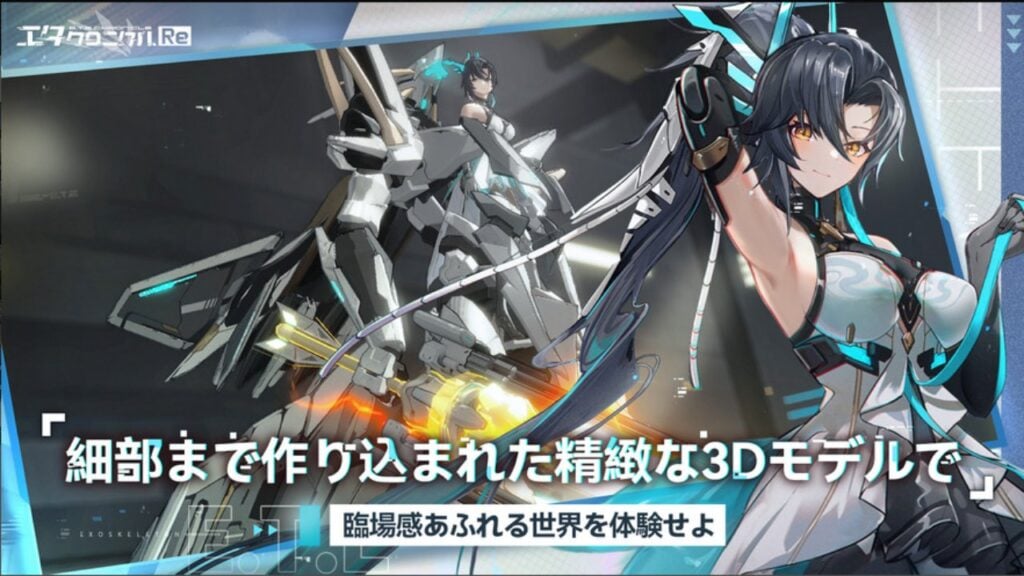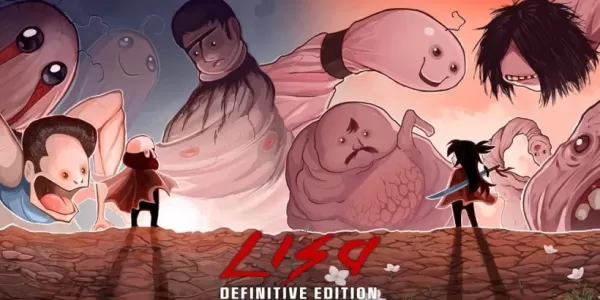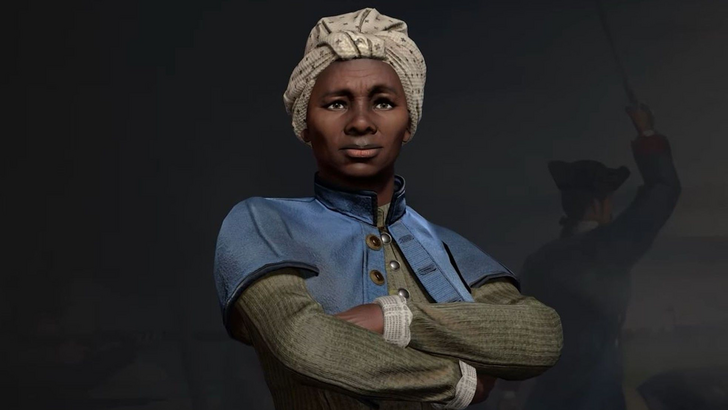 Civilization's leaders are as iconic as the civilizations themselves. Firaxis' approach to selecting national representatives has evolved significantly over the years. This article explores Civilization VII's leader roster and how it redefines leadership within the series' history.
Civilization's leaders are as iconic as the civilizations themselves. Firaxis' approach to selecting national representatives has evolved significantly over the years. This article explores Civilization VII's leader roster and how it redefines leadership within the series' history.
← Return to Sid Meier's Civilization VII main article
Civ VII: A New Era of Leadership
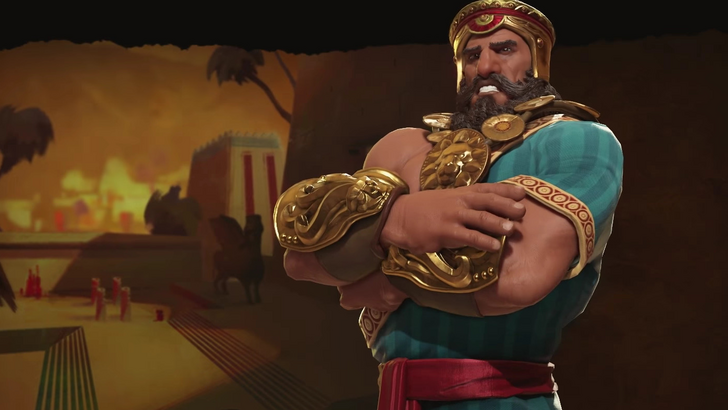 Civilization's leaders have been integral to the series' identity since its inception. Each leader embodies their civilization's essence, impacting gameplay as significantly as the civilization itself. While their role remains constant, the representation of leaders has diversified across each installment, refining the concept of leadership and its influence.
Civilization's leaders have been integral to the series' identity since its inception. Each leader embodies their civilization's essence, impacting gameplay as significantly as the civilization itself. While their role remains constant, the representation of leaders has diversified across each installment, refining the concept of leadership and its influence.
This exploration delves into Civilization's history, examining the evolution of its leader roster, the changes in each iteration, and how Civilization VII uniquely redefines leadership.
Early Civ: A Focus on Global Powerhouses
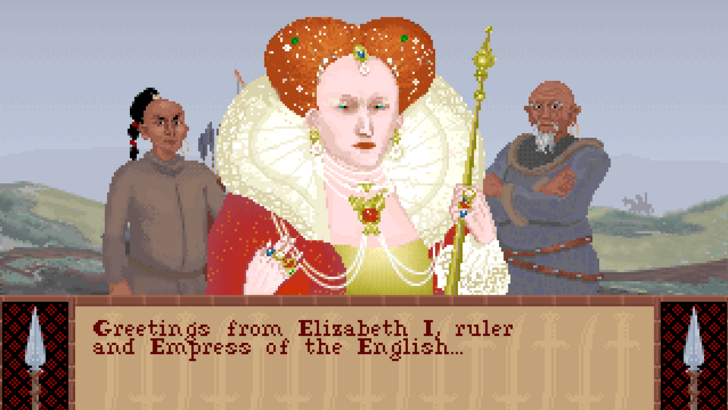 The original Civilization featured a comparatively simple roster. It primarily showcased global superpowers and historical figures from the early 1990s and antiquity. With limited design scope and technical capabilities, the game included only 15 civilizations, including America, Rome, Greece, Japan, China, France, Egypt, and Russia.
The original Civilization featured a comparatively simple roster. It primarily showcased global superpowers and historical figures from the early 1990s and antiquity. With limited design scope and technical capabilities, the game included only 15 civilizations, including America, Rome, Greece, Japan, China, France, Egypt, and Russia.
Leadership was interpreted literally; each leader was a historical head of state. The selection prioritized widely recognized figures. This resulted in leaders like Abraham Lincoln, Tokugawa Ieyasu, Mahatma Gandhi, and Julius Caesar, alongside more controversial choices such as Mao Zedong and Joseph Stalin. Elizabeth I was the sole female leader. This approach, while straightforward, reflects the context of the game's release.
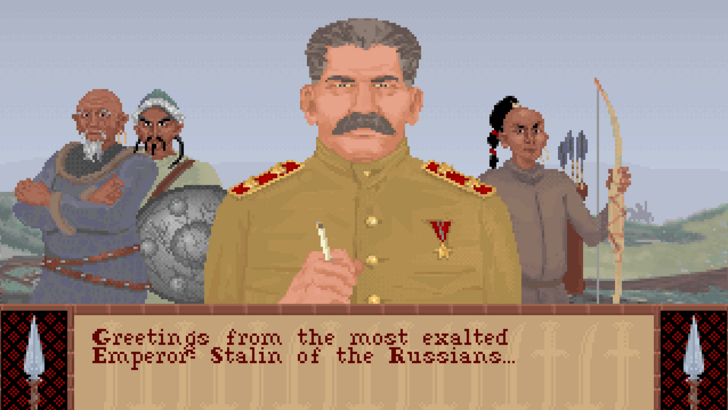 This clear-cut approach evolved with subsequent iterations.
This clear-cut approach evolved with subsequent iterations.
Civ II - V: Expanding the Definition of Leadership
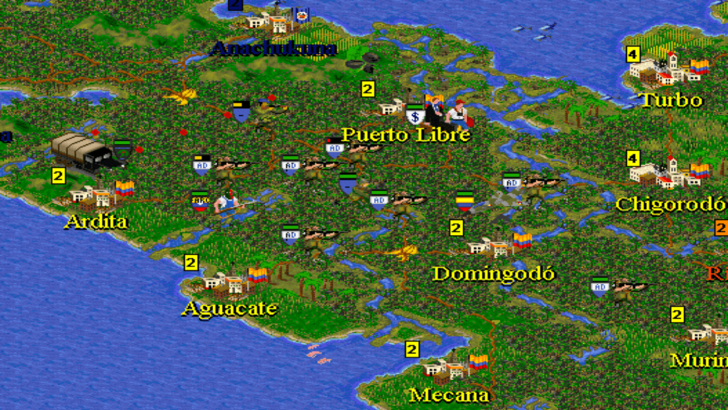 Civilization II expanded the roster and included lesser-known powers like the Sioux. It notably introduced a separate female leader roster, providing alternative choices for each civilization. The definition of "leader" broadened to include influential figures beyond heads of state, such as Sacagawea for the Sioux and Amaterasu for Japan.
Civilization II expanded the roster and included lesser-known powers like the Sioux. It notably introduced a separate female leader roster, providing alternative choices for each civilization. The definition of "leader" broadened to include influential figures beyond heads of state, such as Sacagawea for the Sioux and Amaterasu for Japan.
Civ III integrated female leaders directly into the main roster. Joan of Arc replaced Napoleon for France, and Catherine the Great replaced Stalin for Russia.
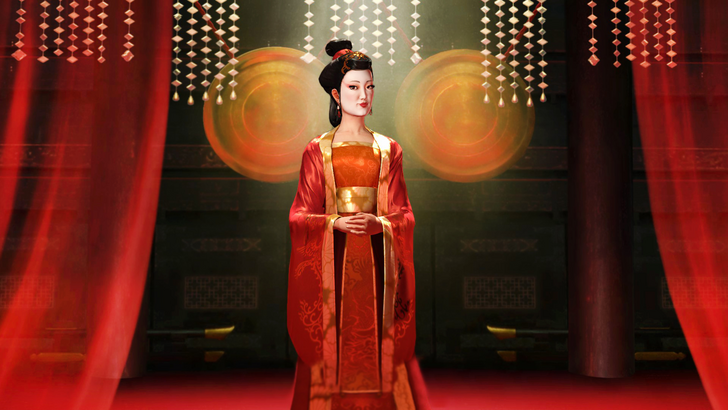 Civ IV and Civ V further expanded the roster and the definition of leadership. Revolutionaries, generals, and reformers became common. Traditional figureheads were replaced or doubled, with examples including Wu Zetian replacing Mao Zedong for China and both Victoria I and Elizabeth I representing England. The focus shifted from solely powerful figures to a broader representation of humanity.
Civ IV and Civ V further expanded the roster and the definition of leadership. Revolutionaries, generals, and reformers became common. Traditional figureheads were replaced or doubled, with examples including Wu Zetian replacing Mao Zedong for China and both Victoria I and Elizabeth I representing England. The focus shifted from solely powerful figures to a broader representation of humanity.
Civ VI: Enhanced Characterization and Diversity
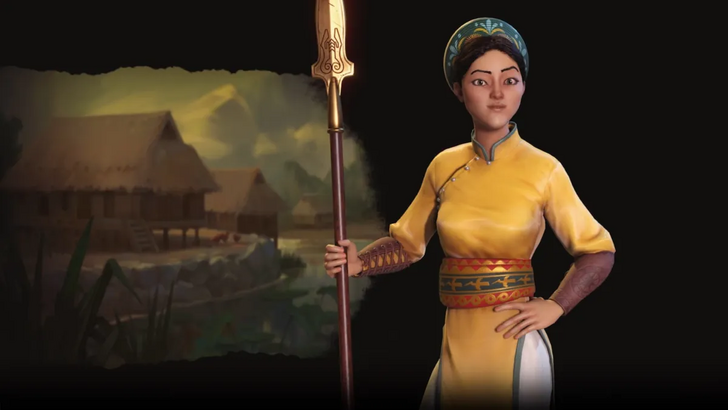 Civilization VI significantly enhanced characterization, diversity, and creativity. Leaders were presented as stylized animated caricatures. Leader Personas, alternative versions of the same leader, were introduced, offering distinct playstyles. Lesser-known figures from less prominent civilizations were included, such as Lautaro of the Mapuche and Bà Triệu of Vietnam.
Civilization VI significantly enhanced characterization, diversity, and creativity. Leaders were presented as stylized animated caricatures. Leader Personas, alternative versions of the same leader, were introduced, offering distinct playstyles. Lesser-known figures from less prominent civilizations were included, such as Lautaro of the Mapuche and Bà Triệu of Vietnam.
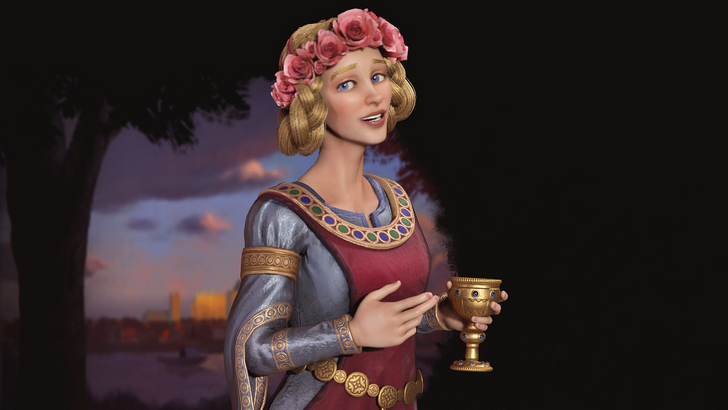 The concept of leaders representing different chapters of their lives emerged, exemplified by Eleanor of Aquitaine leading France or England, and Kublai Khan leading the Mongols or China. Multiple leader options for civilizations like America and China were also introduced. Leader Personas further diversified gameplay options.
The concept of leaders representing different chapters of their lives emerged, exemplified by Eleanor of Aquitaine leading France or England, and Kublai Khan leading the Mongols or China. Multiple leader options for civilizations like America and China were also introduced. Leader Personas further diversified gameplay options.
Civ VII: A Bold New Direction
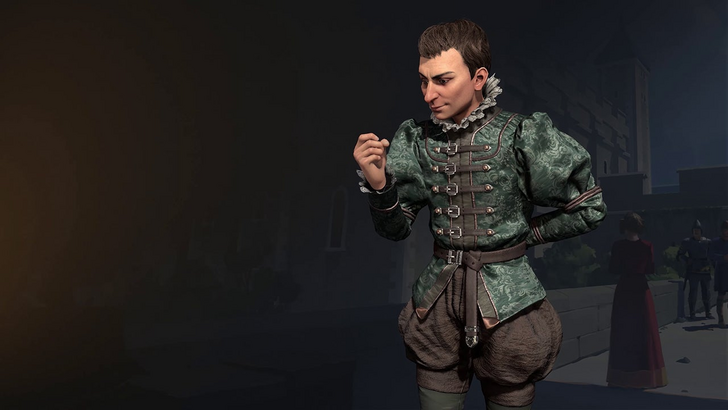 Civilization VII represents the pinnacle of Firaxis' leader selection philosophy. It features an unprecedentedly diverse roster, with unconventional leaders, multiple personas, and carefully curated choices tailored to different playstyles.
Civilization VII represents the pinnacle of Firaxis' leader selection philosophy. It features an unprecedentedly diverse roster, with unconventional leaders, multiple personas, and carefully curated choices tailored to different playstyles.
The mix-and-match approach to civilizations and leaders allows lesser-known figures to take center stage. Harriet Tubman, the American abolitionist, is a notable example. Niccolò Machiavelli, despite not being a head of state, embodies the diplomatic strategies of his writings. José Rizal of the Philippines also makes a significant addition.
 Over nearly 30 years, Civilization has evolved from a game focusing on major historical figures to a diverse and imaginative representation of humanity's great minds. The definition of leadership has expanded, but the significance of those who hold the title remains unwavering.
Over nearly 30 years, Civilization has evolved from a game focusing on major historical figures to a diverse and imaginative representation of humanity's great minds. The definition of leadership has expanded, but the significance of those who hold the title remains unwavering.
← Return to Sid Meier's Civilization VII main article
Sid Meier's Civilization VII Similar Games
















